The conclusion of the Politburo assessed: "After 10 years of implementing Resolution No. 29-NQ/TW, dated November 4, 2013 of the 11th Party Central Committee "On fundamental and comprehensive innovation of education and training, meeting the requirements of industrialization and modernization in the conditions of a socialist-oriented market economy and international integration", our country's education and training have achieved many important results".
The whole country has completed universal preschool education for 5-year-old children; gradually improved the quality of universal primary and secondary education; general education has positively shifted from mainly equipping knowledge to comprehensively developing learners' qualities and capacities.
Continuing education is diversified in content and form; movements to compete in learning, encourage learning, encourage talents, and build a learning society are implemented with attention.
Vocational education has grown strongly in quantity and focused on improving quality step by step to better meet the needs of the labor market.
Continuing innovation in higher education, combined with increased autonomy, has created new momentum and strong changes in quality and efficiency in human resource training and scientific research. A number of higher education institutions and training groups are highly ranked in the region and the world.
The team of teachers and basic education managers has been standardized, gradually ensuring the quantity. Facilities and teaching equipment have been improved, initially meeting the requirements of educational and training innovation.
The conclusion also pointed out the limitations and shortcomings in the implementation of Resolution 29. In particular, the implementation of autonomy in educational and training institutions, the implementation of new general education programs and textbooks still face many difficulties.
Vocational education and university education are not really linked to the labor market; The rate of postgraduate study, especially in basic sciences, engineering and technology, is still low.
The structure and quantity of teachers in many localities are not reasonable and the quality is uneven.
To promote the achievements and effectively overcome the above limitations and shortcomings, the Politburo requires Party committees at all levels, authorities, the Vietnam Fatherland Front and socio-political organizations to continue to thoroughly grasp and seriously and effectively implement the viewpoints, goals, tasks and solutions stated in Resolution 29 and other Party resolutions on education and training.
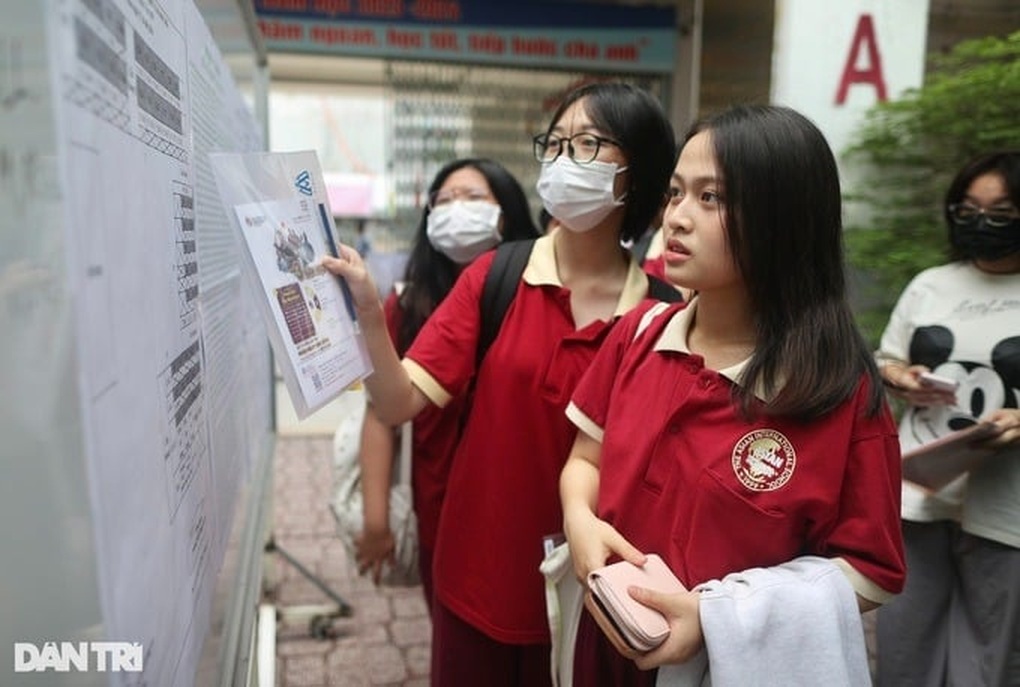
Candidates taking the 2024 high school graduation exam in Ho Chi Minh City (Illustration photo: Nam Anh).
The Politburo's conclusion stated eight main tasks that need to be focused on and implemented well.
The first task is that Party committees, Party organizations, authorities, and local and unit leaders continue to thoroughly and thoroughly direct and implement the viewpoint that education and training is the "top national policy", the cause of the Party, the State and the entire people; ensure the leading role of the State, while attracting the active participation of society in developing the cause of education and training; strengthen the Party's leadership in fundamental and comprehensive innovation of education and training.
At the same time, investment in education and training is investment in development, prioritized in socio-economic development programs and plans.
Localities need to continue to propagate and disseminate education and training innovation more widely and effectively to create consistency and unity in leadership, direction and implementation, and gain trust, consensus and support from all walks of life.
The second task focuses on reviewing, amending, supplementing, and perfecting mechanisms, policies, and laws on education and training, and removing bottlenecks.
In particular, it is necessary to soon develop the Law on Teachers, the Law on Lifelong Learning, the Education Development Strategy and regulations on innovation in education and training management, school governance in a scientific, modern, synchronous, interconnected direction, suitable for the international integration process and practices in our country.
The conclusion clearly stated that it is necessary to promote decentralization and delegation of power, and strengthen the role of state management agencies on education and training in deciding on staffing, organizational structure, policies for teachers, and allocating the state budget to the education sector.
In educational institutions, it is necessary to increase autonomy, enhance accountability, and promote democracy.
For higher education institutions in particular, it is necessary to perfect policies and mechanisms of autonomy in line with the general trend of the world. At the same time, implement the policy of Party Secretary concurrently being Chairman of the school council and the council of public universities.
In addition, it is necessary to clarify the functions, tasks, and relationships between the school board chairman and the principal in order to have regulations suitable to reality, taking into account the characteristics of schools in the Public Security and Military sectors.
Regarding vocational education - continuing education, it is necessary to comprehensively evaluate the implementation of the policy of arranging and merging continuing education centers and vocational education - continuing education centers nationwide to have appropriate solutions, facilitating the management and development of this system in the coming time.
Third task is to continue to improve the quality of comprehensive education at all levels: preschool, general education, continuing education, and political and ideological education for students.
In particular, it is necessary to continue to perfect and effectively implement the new general education program, focusing on strongly innovating teaching and learning methods towards promoting the positivity, proactiveness and creativity of teachers and learners; comprehensively developing learners' capacity and qualities.
The conclusion stated: "Implement a unified national general education program, each subject has one or several textbooks and socialize the compilation of textbooks."
Besides, it is necessary to innovate and improve the quality of political, ideological, ethical, lifestyle, life skills, national defense and security education associated with building and promoting the system of cultural values and Vietnamese people.
The fourth task is to focus on investing in modernizing vocational education and university education and enhancing scientific research potential in educational and training institutions.
With vocational education, it is necessary to continue to develop in an open, flexible, modern, effective, integrated direction, linked to the labor market, paying attention to retraining and regular training for workers to adapt to changes in market demand and production technology.
Adolescents need to be given enhanced career guidance right from high school. Streamlining needs to be stepped up to increase the number of students entering vocational education after junior high school and high school.
Vocational education and public university education institutions in a number of industries, professions and fields of regional and international stature need to focus on in-depth investment in facilities and high-quality human resources.
At the same time, build breakthrough mechanisms and policies and invest appropriate resources to develop national universities, regional universities, excellent higher education institutions according to international agreements, key higher education institutions, and pedagogical higher education institutions on par with advanced countries, with sufficient capacity and conditions to play a core role in training and scientific research.
The conclusion also stated: "Allow educational institutions belonging to the Army and Police to train civilians in dual-use sectors appropriately to effectively exploit resources and meet the requirements of the country's socio-economic development."
Fifth task : continue to perfect the national education system in an open, flexible, and interconnected direction, promote a learning society and lifelong learning; and promote transformation in education and training.
The conclusion requires reviewing and prioritizing the allocation of sufficient land funds to build preschools, general education facilities, vocational education facilities and universities in the area.
At the same time, it is necessary to accelerate the digital transformation process in education and training; develop digital education, smart education, personalized education, creative education, education adapted to the development of artificial intelligence; encourage the development of new school models such as digital schools, smart schools, and happy schools.
The sixth task is to develop, improve the quality and standardize the team of teachers and educational managers at all levels; ensure the sufficient number of teachers according to prescribed norms.
To solve the problem of local teacher shortage and improve the quality of education in disadvantaged areas, it is necessary to study the mechanism and policies for mobilizing and rotating teachers between localities.
The conclusion requires strong innovation in the mechanism and policies for discovering, recruiting, using, training, rewarding and promoting talents working in the education sector; implementing the policy of giving teachers' salaries the highest priority in the administrative and career salary scale system and having additional allowances depending on the nature of the work and by region.
The seventh task is to continue to innovate the management mechanism, ensure adequate facilities and financial resources for education and training development; ensure that the state budget for education and training accounts for at least 20% of the total state budget expenditure as stated in Resolution 29.
The State ensures funding for compulsory education, universal education, tuition exemption for 5-year-old preschool children and carries out key tasks in the education sector; prioritizes investment in education and training in ethnic minority, mountainous, border and island areas.
Perfecting the mechanism and policies for investment in education and training in the spirit of the State playing the leading role, while promoting the socialization of education, mobilizing the effective participation of the whole society in the cause of education and training; researching the mechanism for resource allocation, shifting from support according to the average allocation mechanism to the mechanism of the State ordering, assigning tasks or bidding for the provision of educational services according to output results.
The conclusion also stated: "focus on removing obstacles in the financial autonomy mechanism for public educational and training institutions. Perfect the policy of supporting learners from the state budget through granting scholarships or supporting tuition exemptions for industries and professions that the State needs to prioritize development at all training levels, expanding the subjects and increasing the preferential level of credit loans".
The eighth task is to promote international integration in education and training to meet the requirements of improving the quality of human resources to serve the country's development in the new period.
In particular, it is necessary to focus on improving foreign language skills of students, gradually making English the second language in schools.
Encourage domestic educational and training institutions to link and cooperate with advanced educational and training institutions in the world. Develop breakthrough mechanisms and policies to attract and employ foreign experts, scientists and overseas Vietnamese to teach, research and work at domestic educational and training institutions; attract prestigious universities in the world to open branches in Vietnam.
Source: https://dantri.com.vn/giao-duc/thuc-hien-mot-chuong-trinh-giao-duc-pho-thong-xa-hoi-hoa-bien-soan-sgk-20240815083023356.htm


![[Photo] A brief moment of rest for the rescue force of the Vietnam People's Army](https://vstatic.vietnam.vn/vietnam/resource/IMAGE/2025/4/3/a2c91fa05dc04293a4b64cfd27ed4dbe)
![[Photo] Moment of love: Myanmar people are moved to thank Vietnamese soldiers](https://vstatic.vietnam.vn/vietnam/resource/IMAGE/2025/4/3/9b2e07196eb14aa5aacb1bc9e067ae6f)

![[Photo] Special relics at the Vietnam Military History Museum associated with the heroic April 30th](https://vstatic.vietnam.vn/vietnam/resource/IMAGE/2025/4/3/a49d65b17b804e398de42bc2caba8368)
![[Photo] General Secretary To Lam receives Japanese Ambassador to Vietnam Ito Naoki](https://vstatic.vietnam.vn/vietnam/resource/IMAGE/2025/4/3/3a5d233bc09d4928ac9bfed97674be98)
![[Photo] Prime Minister Pham Minh Chinh chairs meeting after US announces reciprocal tariffs](https://vstatic.vietnam.vn/vietnam/resource/IMAGE/2025/4/3/ee90a2786c0a45d7868de039cef4a712)
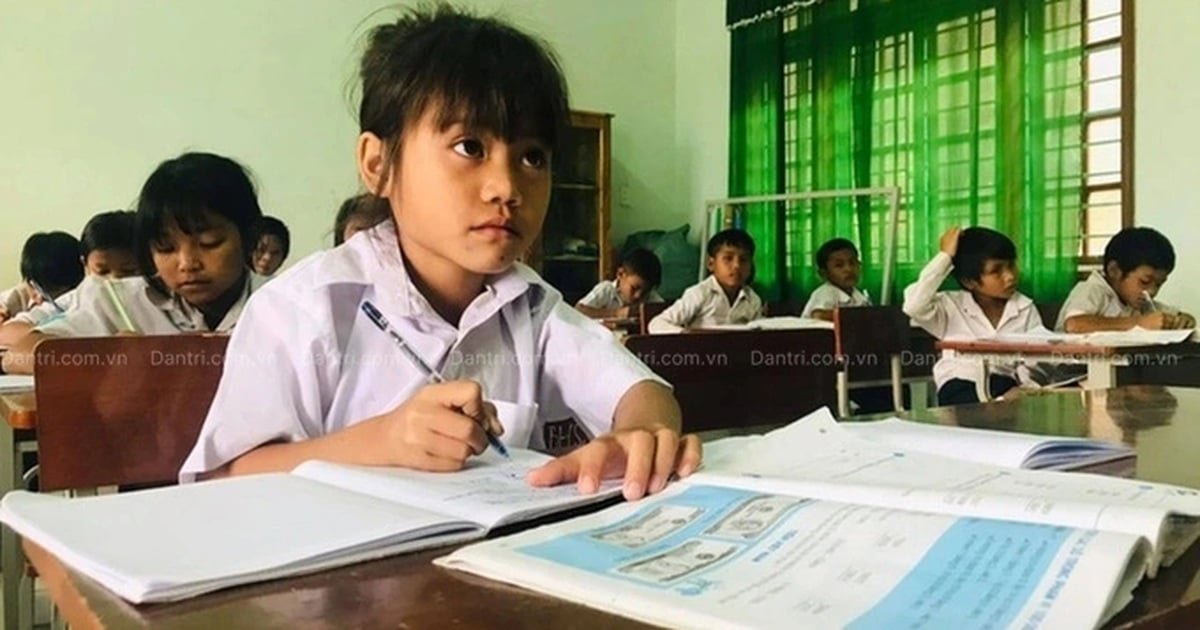
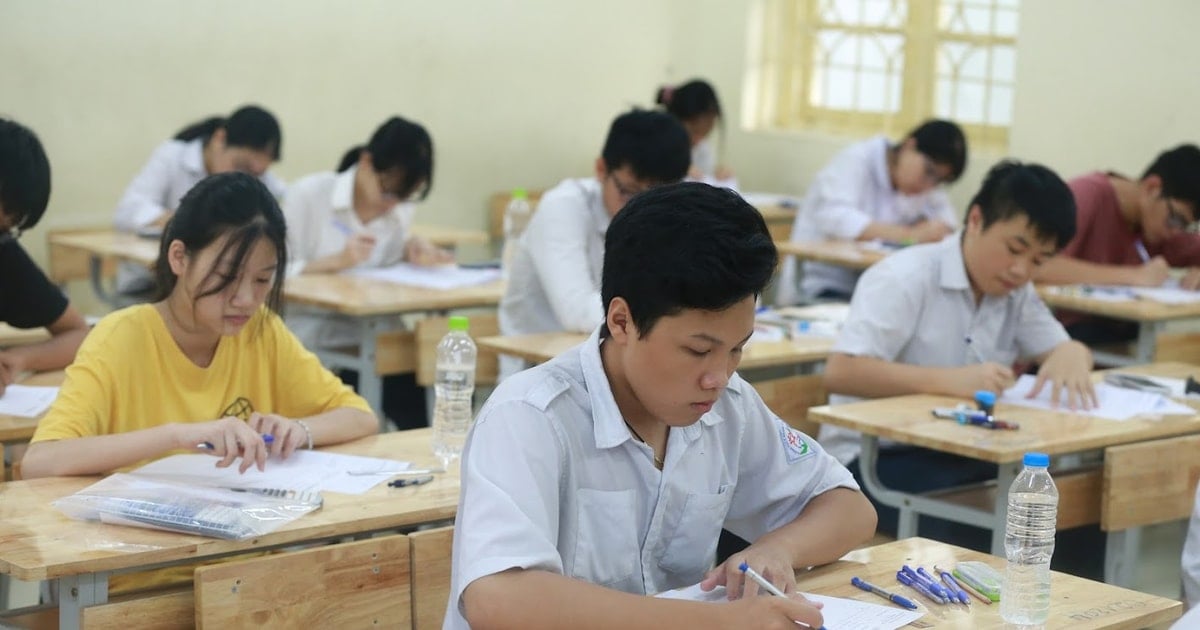



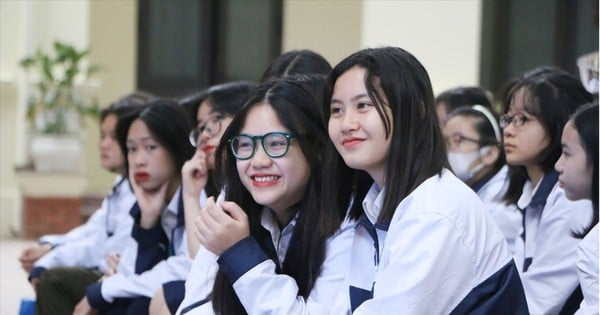

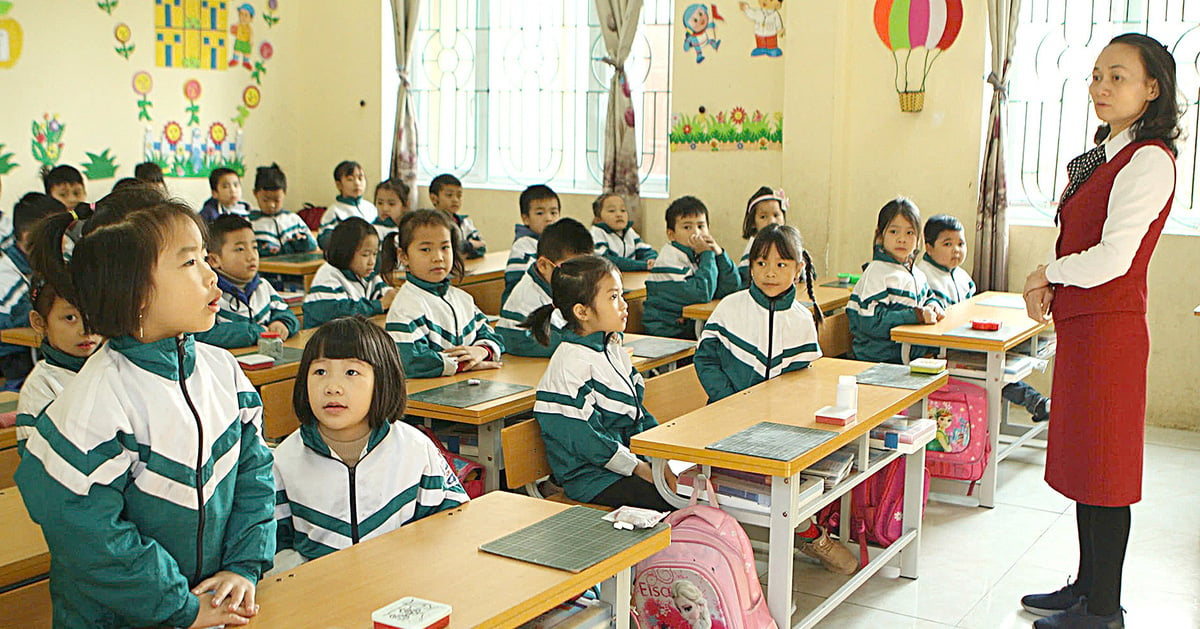

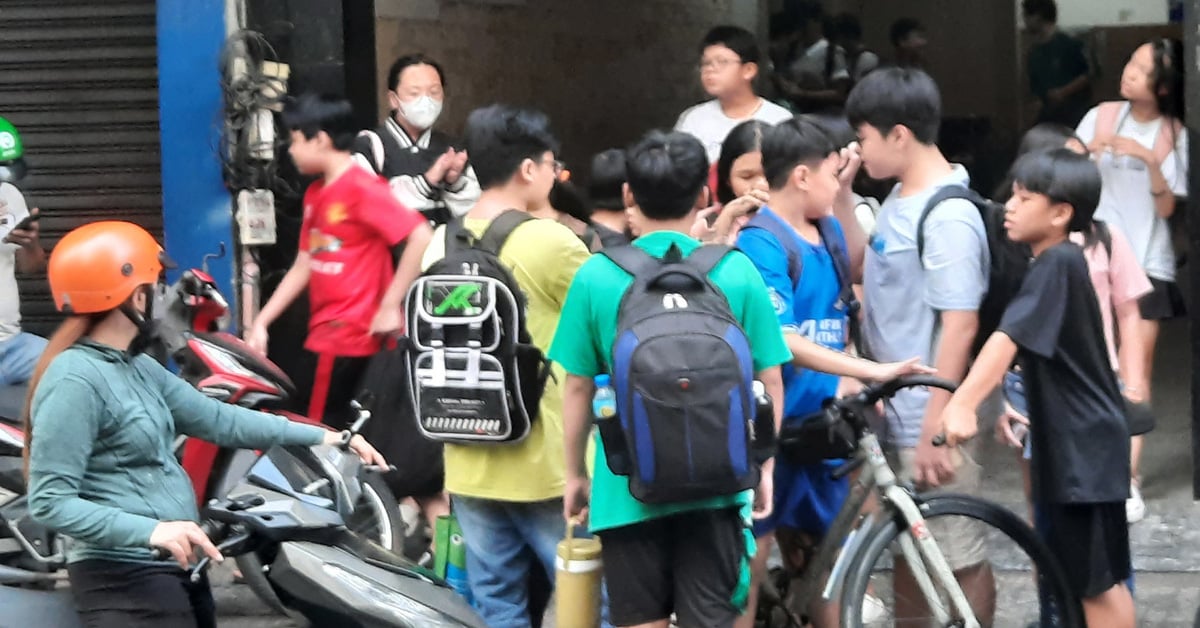


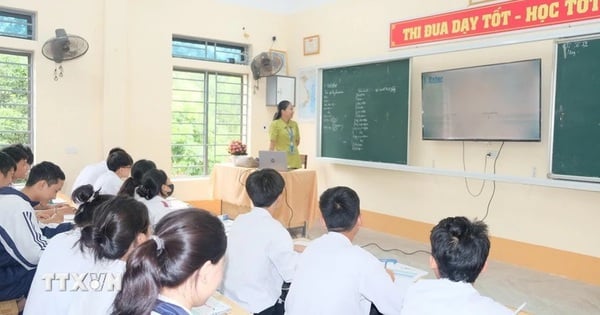
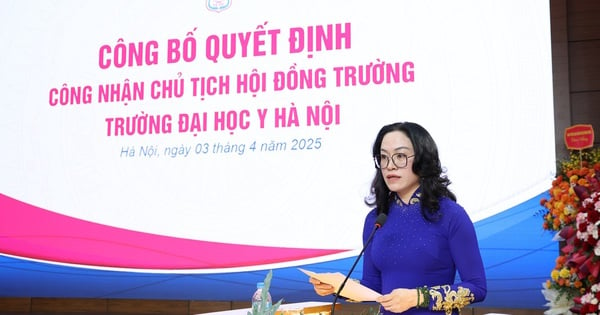
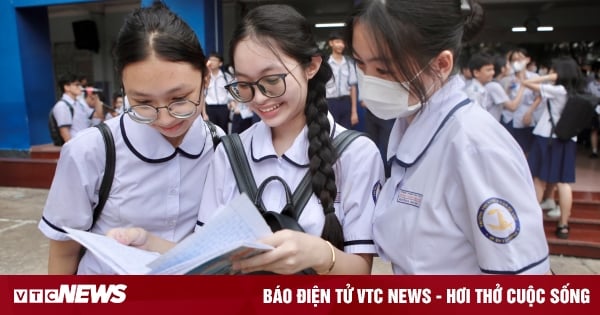
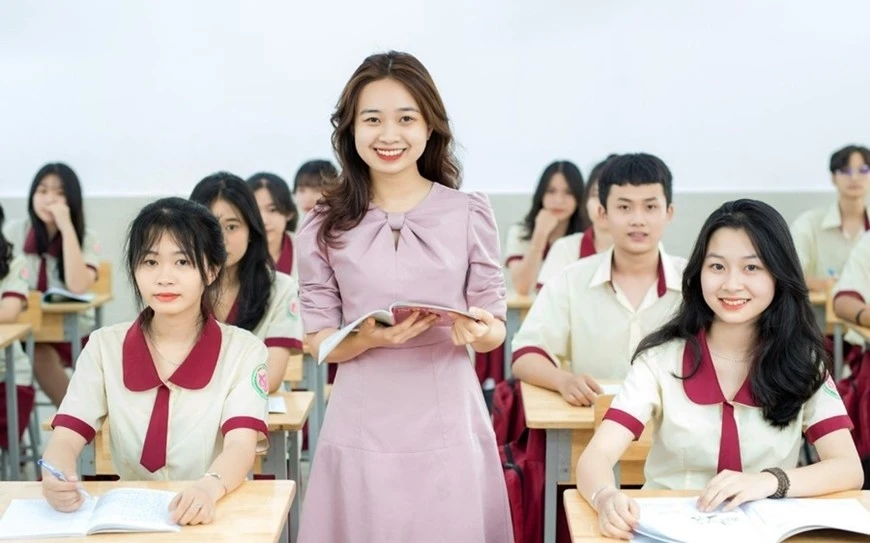
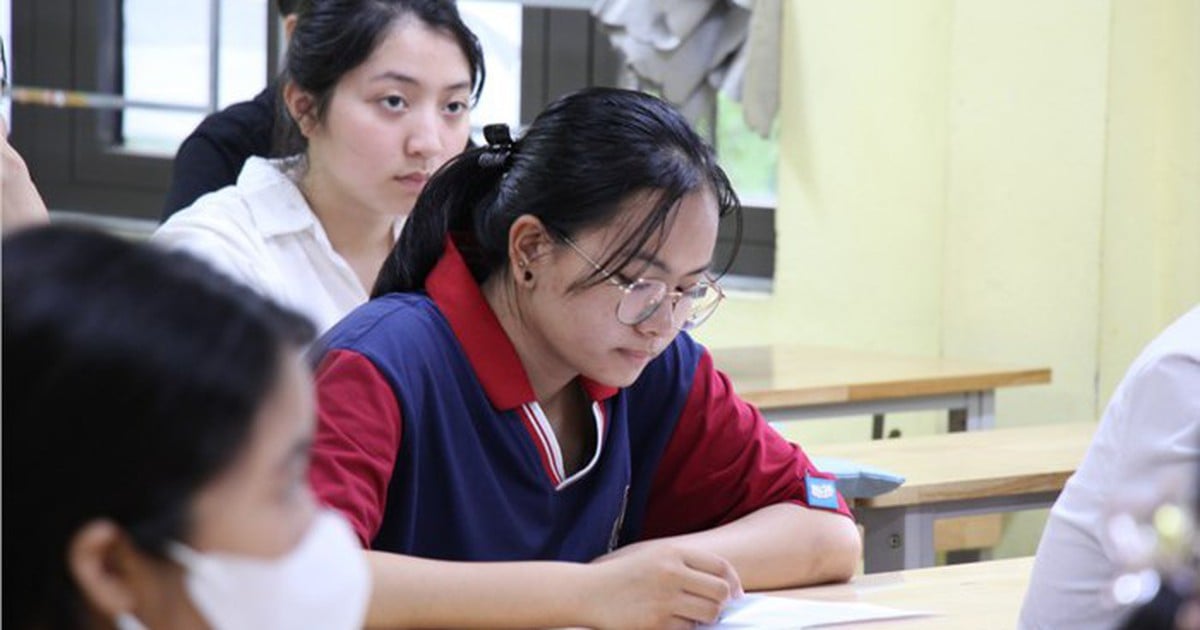









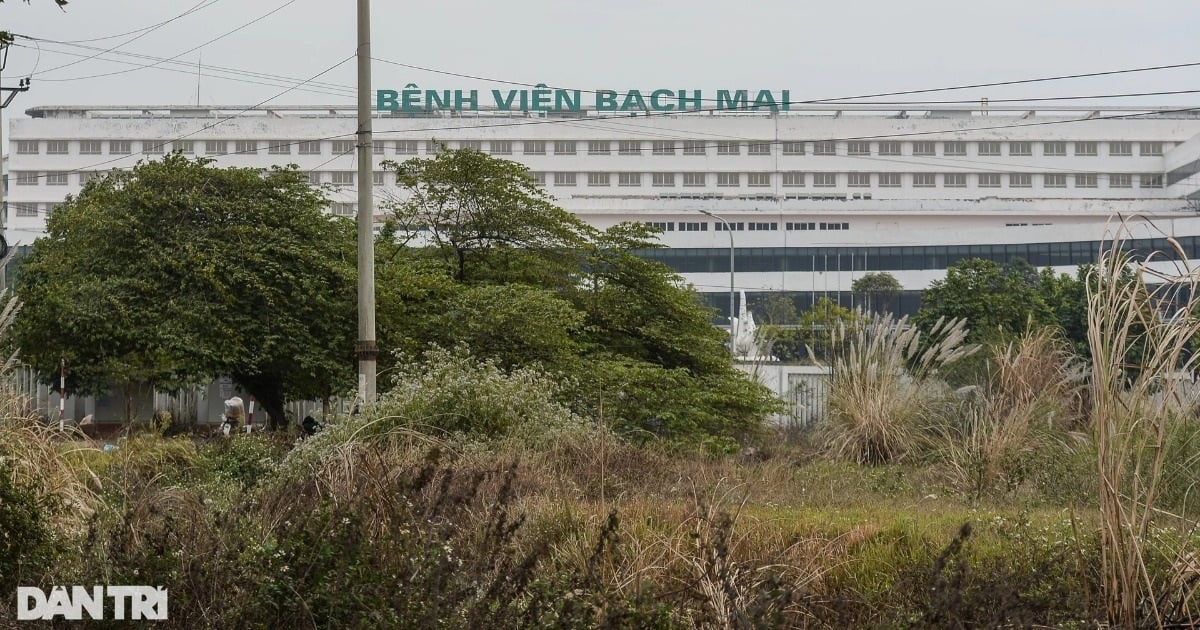




































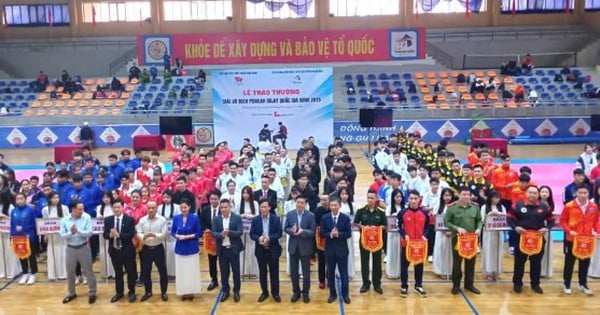
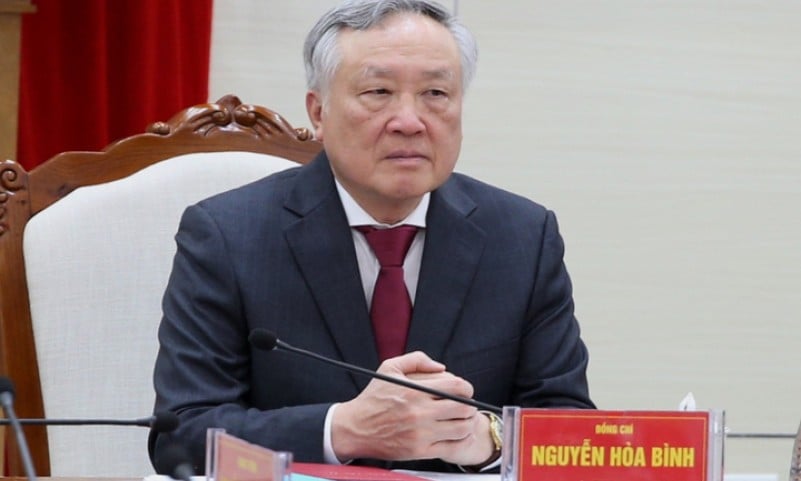
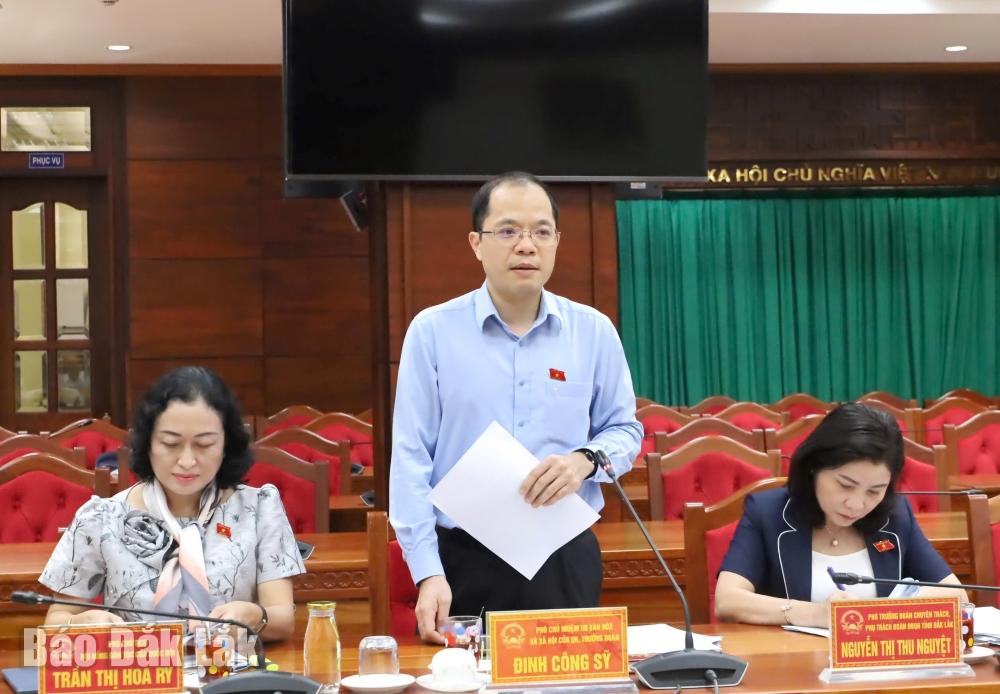

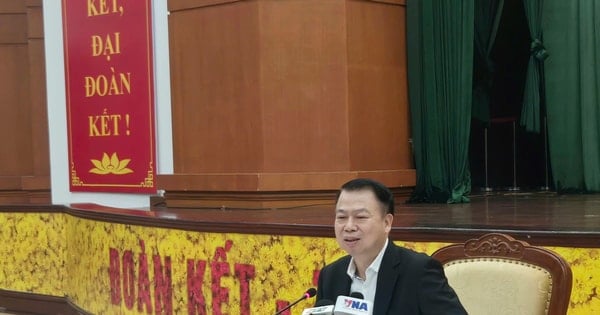

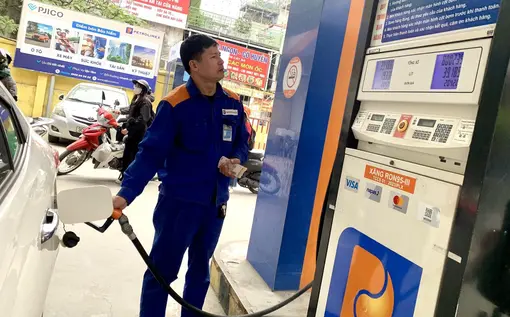

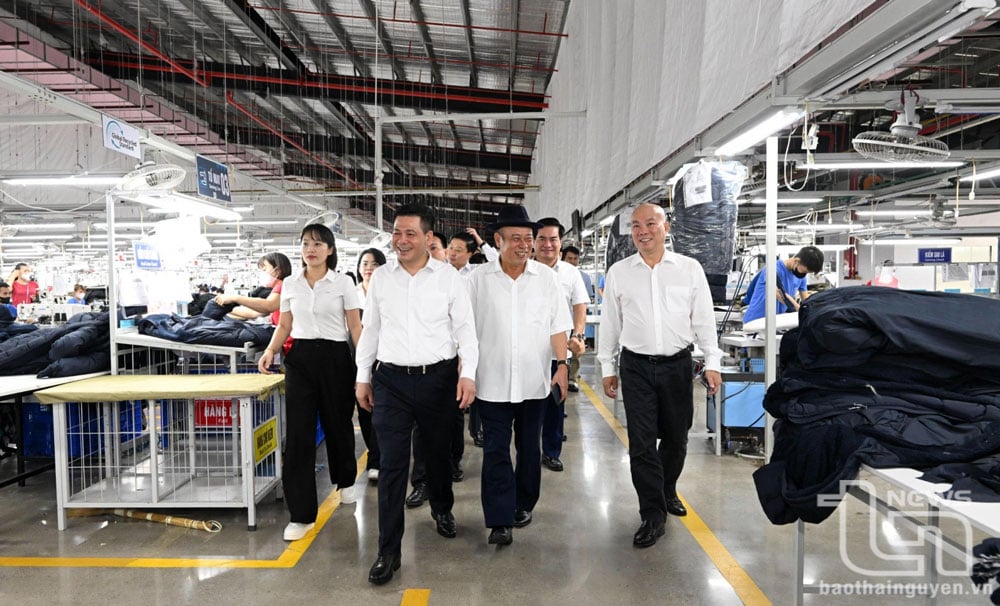












Comment (0)